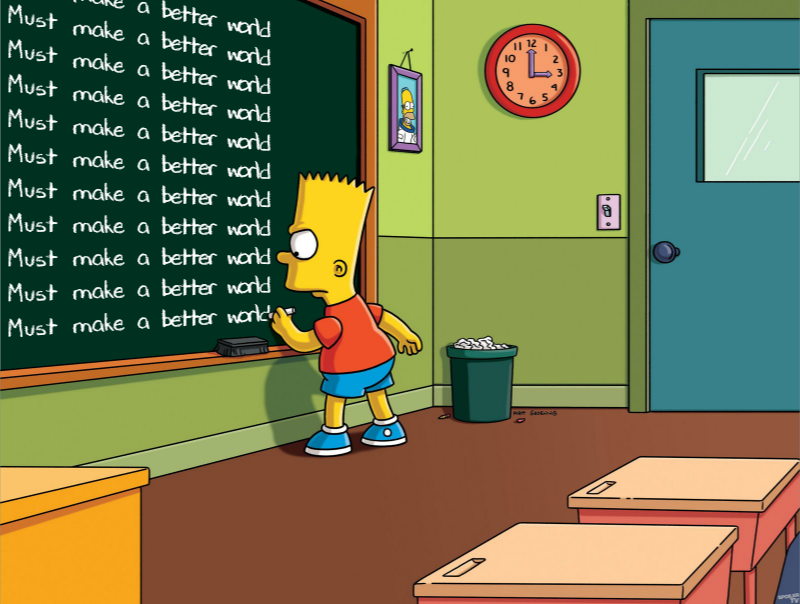 So, the cardiologist and I are having a conversation. He’s brisk, all business in a busy clinic. I get it. There’s a mood.
So, the cardiologist and I are having a conversation. He’s brisk, all business in a busy clinic. I get it. There’s a mood.
I’m light with everyone there, from the waiting room right in, and notice a sense of professional dread in the staff. An East Indian woman had accused the office of letting an elderly white woman in front of them because she was white – not, of course, because she was much more old, and and the red on her nose hinted at other issues that would have her with appointments in other offices.
Factor in that this all happened in front of predominantly East Indian people who exchanged looks, embarrassed for the poor elderly lady and the staff, but also for the behavior of the much younger lady. And that my name, at least in Trinidad, is considered East Indian, and there I am making light of things I see other than what everyone’s ignoring. Sleight of mind.
So anyway, I get in and I’m still in that light mood – which, I had forgotten, cardiologists generally hate. Cardiologists are meticulous folk. It’s rare to find the ones that smile or laugh. So this guy – because underneath all of it, he’s a guy – is getting upset with me and I don’t know why. I’m answering questions, giving him what I know on my health history, he’s stressing out, and I can’t see why.
He leans in, I lean in, masked but following his body language. And then it struck me. He’s quite serious about my health – I mean, he’s supposed to be – and he thinks I’m not taking mine seriously.
I start laughing. He’s continuing, and it’s making it worse for me because I know what’s going on, I want to tell him, but I’m laughing and can’t stop long enough to tell him.
Finally, he pauses. I stop laughing. I tell him, “I get that you are very serious about my health, and I also get that you want me to be as serious as you, and because I am not you think I do not understand my condition. Am I correct?”
He looks at me, “Well, Mr. Rampersad, you know… ”
I interrupt, “Am I correct?”
He takes a breath, “Yes, you are correct. With the medical history you have you should be serious.”
“Yes, yes, I understand it completely. But have you considered I live with that knowledge and have grown accustomed to it enough so where it’s simply part of me, who I am, but not what I think defines me?”, I say with a smile.
“I’m still not certain you understand…”
“OK, let me show you. You’re changing my meds because my bp is high, and because of kidney issues it’s an increased dosage. Once we get that under control you’re probably going to want a stress test with ECG and maybe an echocardiogram to line up. Toss in the standard stuff about losing weight, diet, etc. From there you’ll advise the general surgeon that you have cleared me for the other surgery. That’s the plan, right?”
He sits back, visibly relaxing.
I’m not terrified. I’m not screaming and holding onto life like a stolen kiss. I know what’s going on, sometimes better than the medical people around me. The difference is that they are visitors here. Tourists with umbrellas in their drinks.
I live here.
And more sage doctors know that.
Memento Mori.
 ising
ising  As a member of the Board for what could best be explained as a condo community, I find myself shaking my head quite a bit. One of the reasons I do so is because, simply put, people become more emotionally attached to a problem than a solution. One such example was an issue of a missing key. But the issue wasn’t the missing key. The issue was getting to what the key gave access to: The garbage room.
As a member of the Board for what could best be explained as a condo community, I find myself shaking my head quite a bit. One of the reasons I do so is because, simply put, people become more emotionally attached to a problem than a solution. One such example was an issue of a missing key. But the issue wasn’t the missing key. The issue was getting to what the key gave access to: The garbage room.